Guide To Medications And Supplements That Increase Blood Pressure
Blood pressure is the force of blood pushing against the walls of an individual's blood vessels. Healthy blood pressure readings typically fall between 90/60 and 120/80 millimeters of mercury (mm Hg)! Many factors influence an individual's blood pressure, such as sleep, stress, and exercise. Supplements and medications do as well! Evidence shows that working the night shift and anxiety both increase the risk of high blood pressure. An individual's blood pressure is usually at its lowest in the morning and highest mid-afternoon. Blood pressure decreases in the late afternoon and early evening! Patients with blood pressure that is borderline high need to check it at least once a year in a doctor's office. They need to check it regularly at home as well!
Many patients take supplements for high blood pressure! However, doctors only recommend that patients take high blood pressure pills when their readings are 140/90 mm Hg or higher. Thus, patients often try natural remedies for high blood pressure. This usually includes eating a healthy, low-sodium diet! Of course, patients must be careful about the other medications and supplements that they take. Some of them will increase their blood pressure!
Caffeine
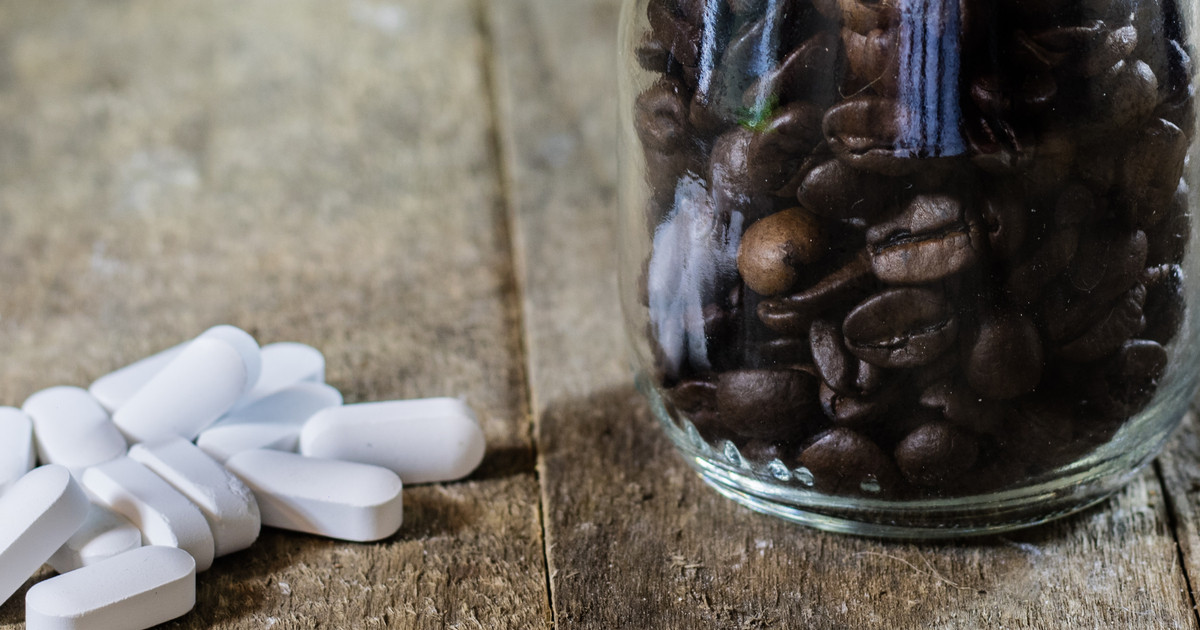
Studies show that caffeine increases blood pressure in some individuals! It will do this when it is in tablet or beverage form. The reason is that caffeine causes blood vessels to narrow. The result is higher blood pressure! Many individuals who consume caffeine regularly have blood pressure that is higher than average. However, others develop a tolerance for it! These individuals will not deal with any elevations in their average pressure. Studies indicate that patients will see temporary increases in their blood pressure when they consume two to three hundred milligrams of caffeine.
Thus, individuals need to limit their daily intake to two hundred milligrams or less. This includes both caffeinated drinks and supplements! Individuals with high blood pressure need to avoid consuming any caffeine before exercise. They also need to do this before any activities that naturally raise their blood pressure. Ultimately, they must ask their doctor if caffeine supplements or drinks are safe for them!
Learn about more medications that raise blood pressure now.
Decongestants
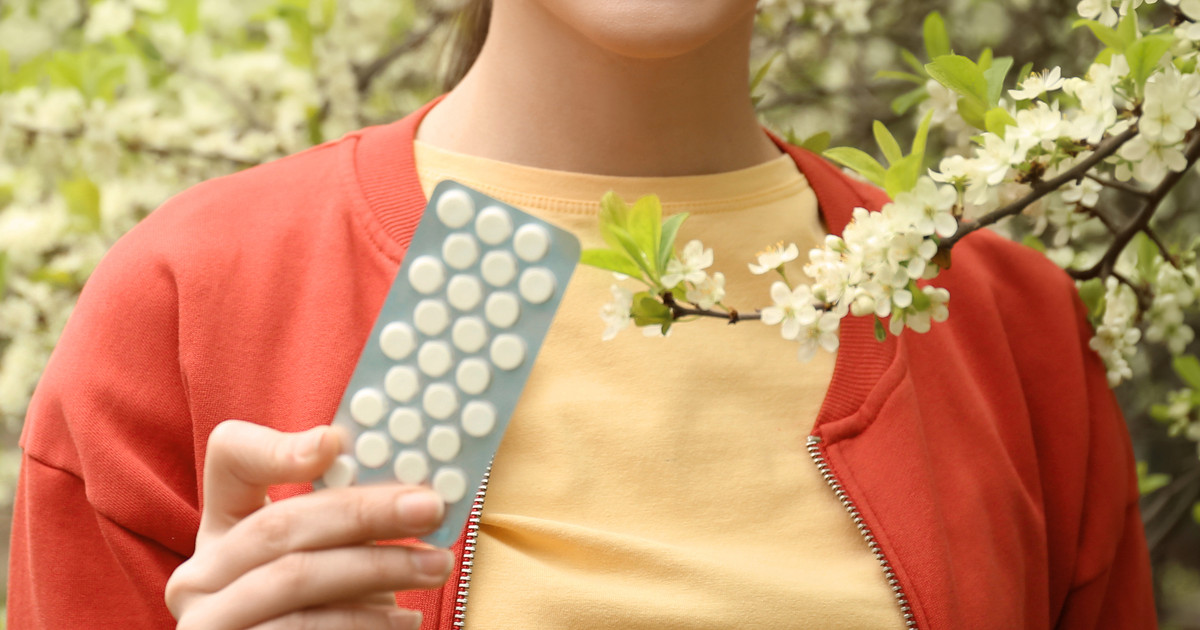
Decongestants narrow blood vessels. This increases an individual's blood pressure! They also reduce the effectiveness of some hypertension medications. Many decongestants are available over-the-counter. They are commonly included in medicines for the common cold and flu! Most individuals can take decongestants safely. However, hypertension patients need to avoid certain ones. They include pseudoephedrine, ephedrine, and phenylephrine!
There are several cold and cough medicines with no effect on blood pressure. Individuals need to ask their pharmacist about these! Hypertension patients also need to consider other remedies for congestion and the common cold. Two examples are antihistamines and saline nasal sprays! Gargling saltwater or drinking tea is also helpful.
Get more information on supplements that increase blood pressure now.
Ginseng
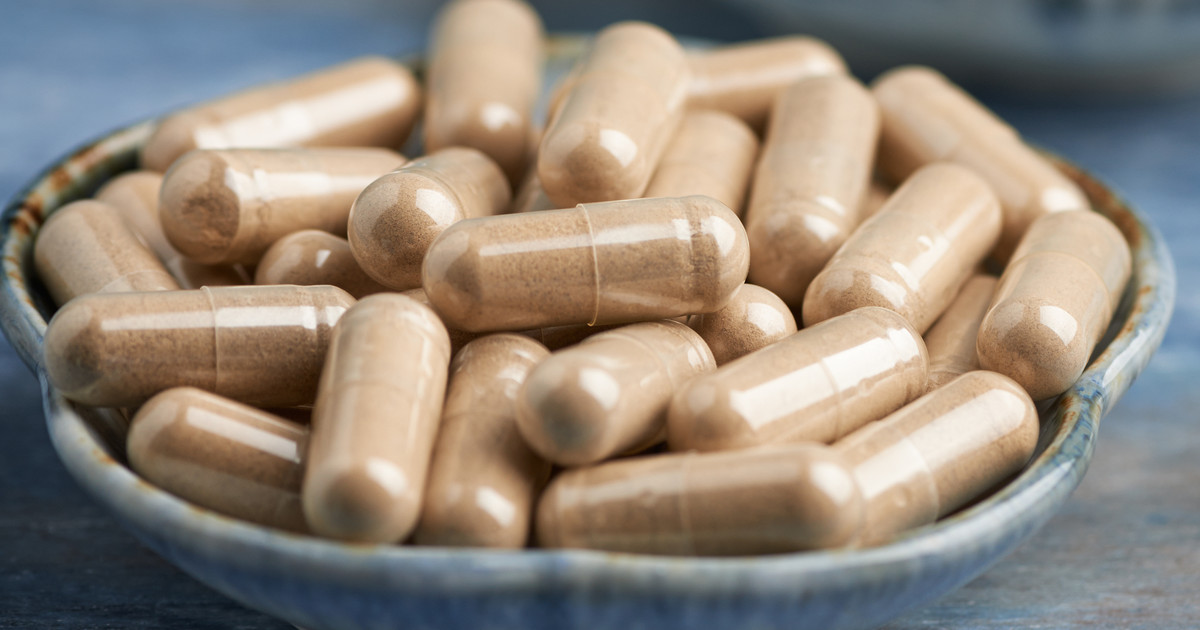
Some studies indicate that ginseng supplements raise an individual's blood pressure. They claim that it is particularly common when it is the first time that individuals are taking these supplements. Thus, doctors recommend that high blood pressure patients avoid these supplements. However, a 2016 review and analysis of clinical trials came to interesting conclusions. It showed that ginseng had no significant impact on an individual's diastolic, systolic, or mean arterial pressure. The review also found that diabetes patients experienced a mild improvement in their systolic pressure. Finally, it indicated neutral effects on the vascular system. Thus, the study concluded that healthy individuals did not need to be discouraged from ginseng due to concerns regarding blood pressure increases.
However, research is not conclusive for hypertension patients. More evidence is needed to determine if ginseng supplements are safe for these individuals! In addition, heart disease patients must take ginseng with increased caution. These supplements must not be taken with caffeine! Doing so leads to dangerous blood pressure increases. Ultimately, patients must consult their doctor to determine if ginseng is safe for them. They will also recommend an appropriate dose when it is!
Reveal more supplements that increase blood pressure now.
St. John's Wort
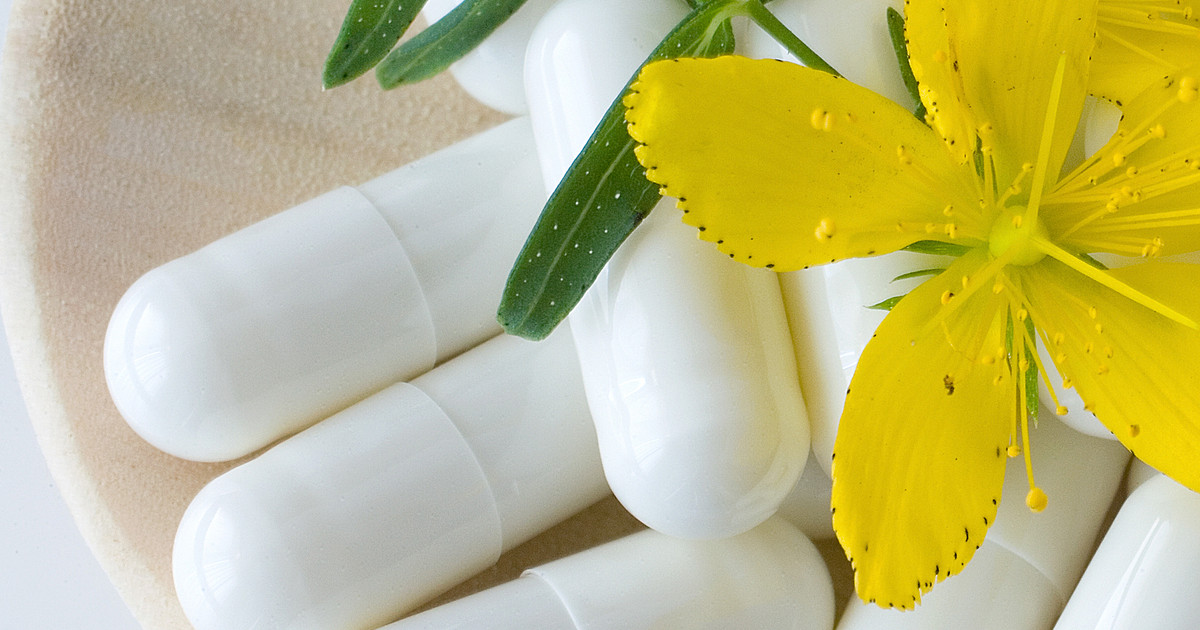
St. John's wort is a common herbal supplement. Some studies claim that it helps treat mild depression! However, it also increases blood pressure. Thus, individuals with high blood pressure need to avoid it. More research shows that St. John's wort also causes dangerous increases in blood pressure in individuals without hypertension! One example is of a man who was forty-one years old. He experienced a hypertensive crisis after seven days of taking St. John's wort. The man said that he followed all of the bottle's instructions and was not taking other medications or supplements. He had to go to the emergency room due to delirium. He had a blood pressure reading of 210/140 mm Hg!
Many patients want a natural antidepressant. However, they need to try prescription antidepressants first. This helps them avoid the potentially dangerous issues linked to St. John's wort! This herbal supplements also has side effects when it is taken with other medicines. Thus, patients must ask their doctor first!
Discover more medications that increase an individual's blood pressure now.
Antidepressants
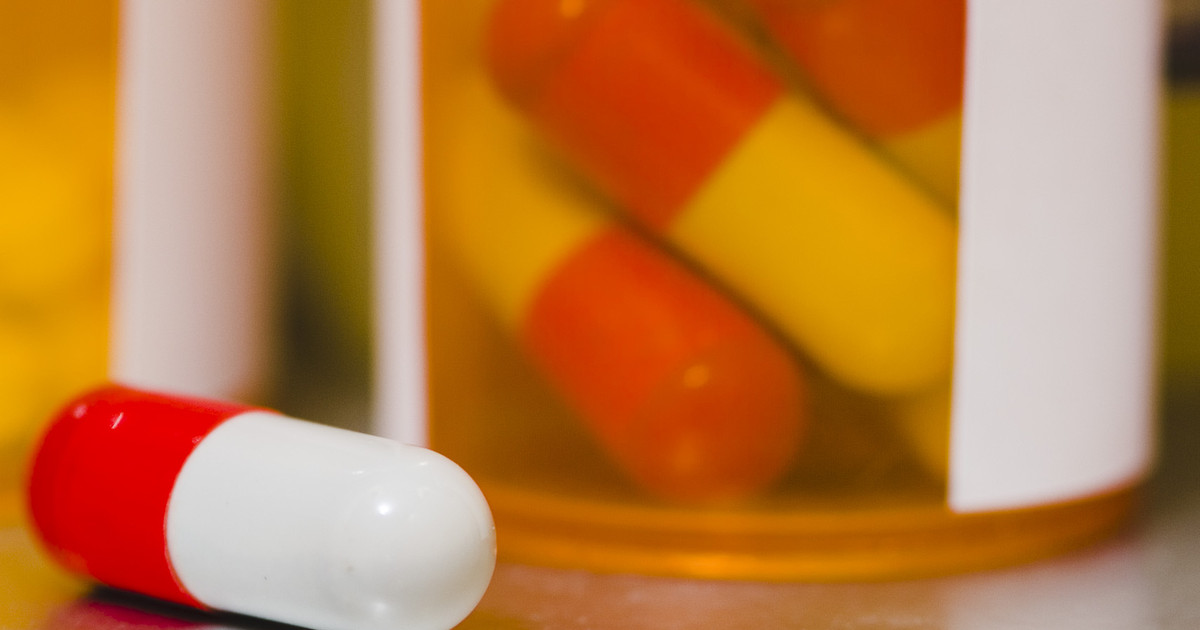
Hypertension is a side effect of some antidepressants. Examples include tricyclic antidepressants, monoamine oxidase inhibitors, and fluoxetine! Unfortunately, it is not clear why they cause blood pressure increases. Some scientists believe that they make a patient's nervous system more active. The result is amplifying the signals it sends to the rest of their body. This includes signals that are responsible for regulating blood pressure!
Most patients can still use antidepressants safely when they have high blood pressure. However, doctors often recommend antidepressants without hypertension as a side effect when their blood pressure is already quite high! When patients still have to take the ones with high blood pressure as a side effect, they are given a lower dose. Patients taking these antidepressants will also have follow-up appointments to monitor their blood pressure. Most doctors will recommend at-home monitoring as well!